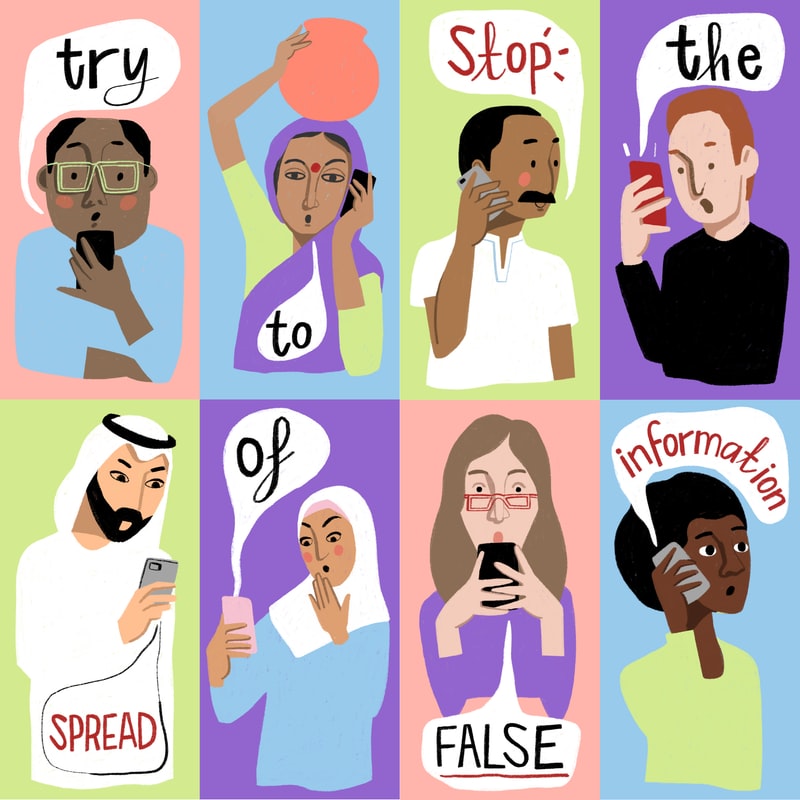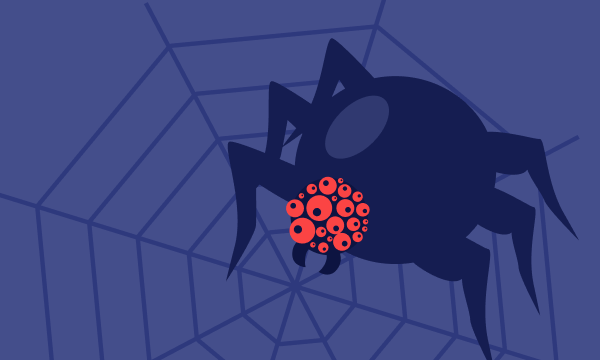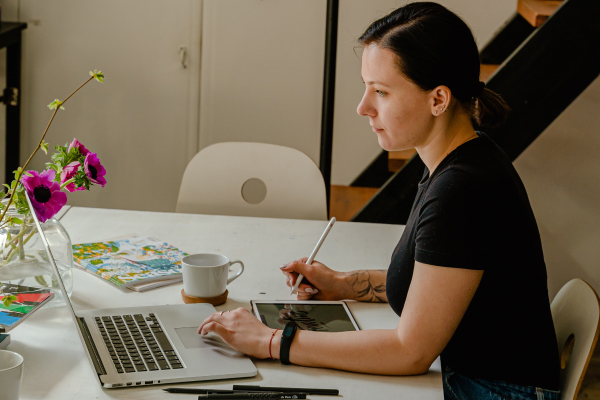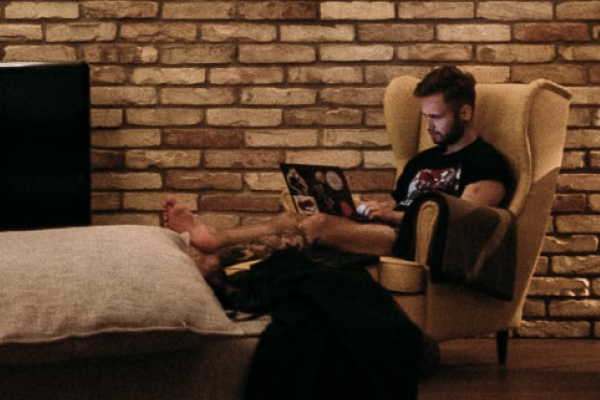How To Spot Fake News and Stop It
Table of contents
Unlike coronavirus, fake news and conspiracy theories never arise out of nowhere. And there’s little we can do but to agree.
Quite recently, the word ‘infodemic’ entered our lexicon. This is the way Tedros Ghebreyesusm, the head of WHO, characterized the wave of fake news spreading around Covid-19.

In today’s accelerating world, it’s easy to make something go viral: a careless like, a friendly share, a repost in a popular public, a like again – and boom, the fake has millions of views!
The truth is, exciting news is much easier to believe, especially if it is backed up by "recent research of British scientists", video proofs and photos. Even the sanest person in the world can fall into this trap if they receive some information from several sources at once.
Imagine, you get a message from a relative on WhatsApp, then from a colleague on Viber, and then you see a post on Facebook – and accidentally, you find yourself watching a video or reading an article covering the topic in full detail. And maybe, you even believe everything written there, but just for a moment or two.
Fake news information viruses: How do they work?
Our internet culture is built on the economy of likes, comments and shares. For this reason, shocking and polemical content is used to entice and enrage in equal measure. And sometimes, even authoritative bloggers and high-quality media blur boundaries between what is acceptable and what is not – all for the sake of a larger audience and their engagement through clicks and comments.
Once created and professionally distributed, fake, thumb-stopping content transforms, grows and heads to other platforms, and as a result – settles in people's heads. Influential media platforms like Facebook, YouTube, and Twitter fail to remove and moderate such content. Some of the recent examples completely prove this.
- It took YouTube a whole month to delete the account of David Icke, a professional conspiracy theorist who launched a dangerous fake news story about 5G towers.
- YouTube recently deleted an interview with anti-vaccine virologist Judy Mikowitz (she makes the bizarre claim that wearing a mask contributes to the spread of the coronavirus), but it is still easy to find on the net.
The blogger Patrick Bet-David noted how the removal of information is perceived by some people as an act of censorship. This makes them think influential media may want to hide something from them.
As a result, the whole fake news cycle perpetuates itself; it’s like trying to chop off the heads of a hydra.
How to spot Fake News stories?
There is no single answer to this question, except for developing critical thinking skills and getting into the habit of checking every piece of information twice.
But here are the basic rules to keep in mind and follow:
- The presence of photos and videos does not guarantee this information is true. In the era of deepfake content (media where a person in an existing image or video is replaced with someone else) it is no longer possible to trust visual “proofs”.
- If some news or video was sent to you by a friend or a person who has authority in your eyes, this does not mean you should believe them unconditionally. You can only trust a real expert in a certain topic.
- Pay attention to information sources. If it is a repost from a social network, then find the original source, scroll through the person's social profiles and get an idea of them; if it is a politician, study their background and try to understand their motives for sharing.
- If you find news from unofficial public sources in social networks, try to double-check these stories on the sites of high-quality media outlets. If the topic is controversial, check out several media – journalists are humans too, and they can be mistaken.
- If the public/resource from which you learn the news repeatedly makes mistakes – unsubscribe from it. Do not overload your smartphone with fake information.
- If you read someone's opinion on a discussion topic, read the opinion of opponents or read the background of the issue. It’s always good to have a balanced view.
- Use fact checker sites like FactCheck.org or Snopes.com, and check relevant headings in big media like The New York Times or The Washington Post.
How to filter content?
The idea of social media having a negative impact on us is not new. In fact, it has been repeatedly confirmed by research: regular social media use not only worsens mood and lowers self-esteem, but it increases stress levels, develops anxiety, affects sleep, and can even develop into a full-blown addiction.
Of course, nothing will make us stop using social media, but at least we can learn how to do it with the least harm to ourselves and others.
If you notice you are constantly worried about the situation in a country or the wider world and this negatively affects you, your mood and performance, you should unsubscribe from negatively minded publications. Being in the know doesn't mean you need to constantly swim in a pool of news and toxic commentary.
To limit your intake, you should keep your news in one channel, not in all social networks. For example, Twitter for news, and Instagram or Facebook for having fun and keeping in touch with friends.
Also unsubscribe from unnecessary channels and groups in social networks: at least then your feed will not be overloaded with content and there will be no fear of missing out.
A list of books worth reading below may also help you better understand why you need to keep your digital space clean and tidy.
- Digital Minimalism | Cal Newport
A book that would have been useful to us ten years ago. Back then, we could not correct mistakes in our online behavior, but we wouldn’t allow them in the first place. The book helps us to understand the importance of online communication and enables our minds to return to a time when smartphones did not play a significant part of our life.
- Socialnomics | Erik Qualman
This book covers the best ways to protect your personal data, what you should and shouldn't publish, and how to maintain your online reputation. The author gives examples of real mistakes made by celebrities and companies in social networks and advice on how to avoid them.
- Burnout | Emily and Amelia Nagoski
This is a research-based book on how to deal with emotions, how to defend your position
and how to get rid of accumulated stress.
* * *
When it comes to the problem of fake news and conspiracy theories, you cannot give yourself complete protection. Your ability to resist these tendencies boils down to your own tech literacy and awareness of any online threats.
To become more educated and aware, check out Clario’s blog. And if you’d like to discover more about how living in the digital realms can exploit you and your data, we have some excellent selections of podcasts and movies for you to get into.
Read more:


